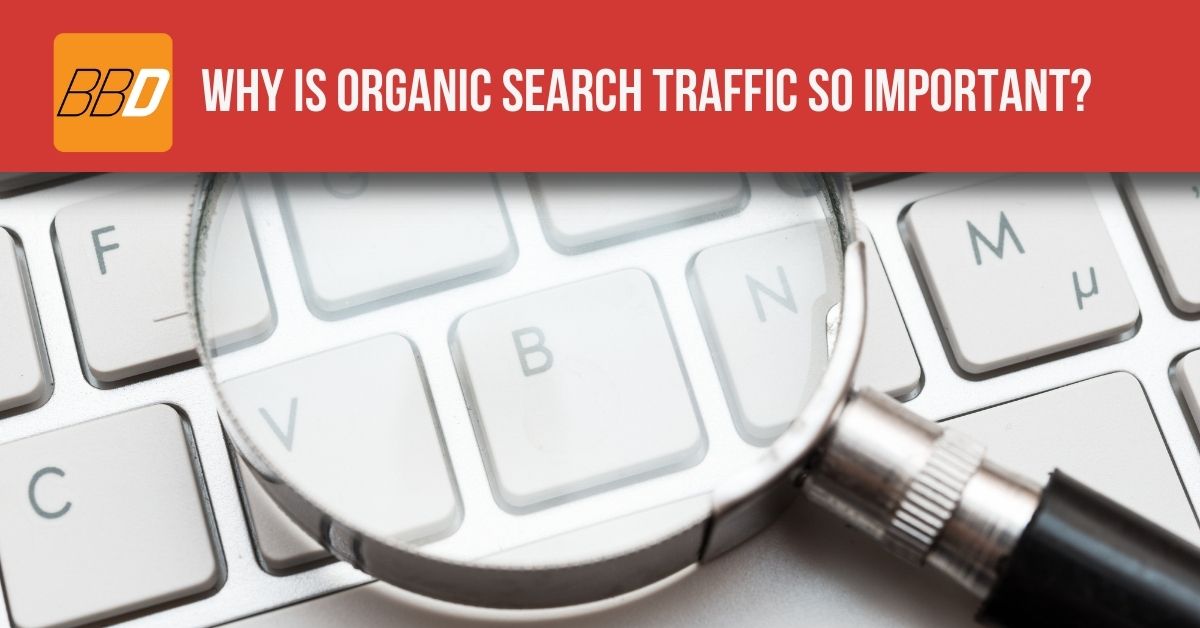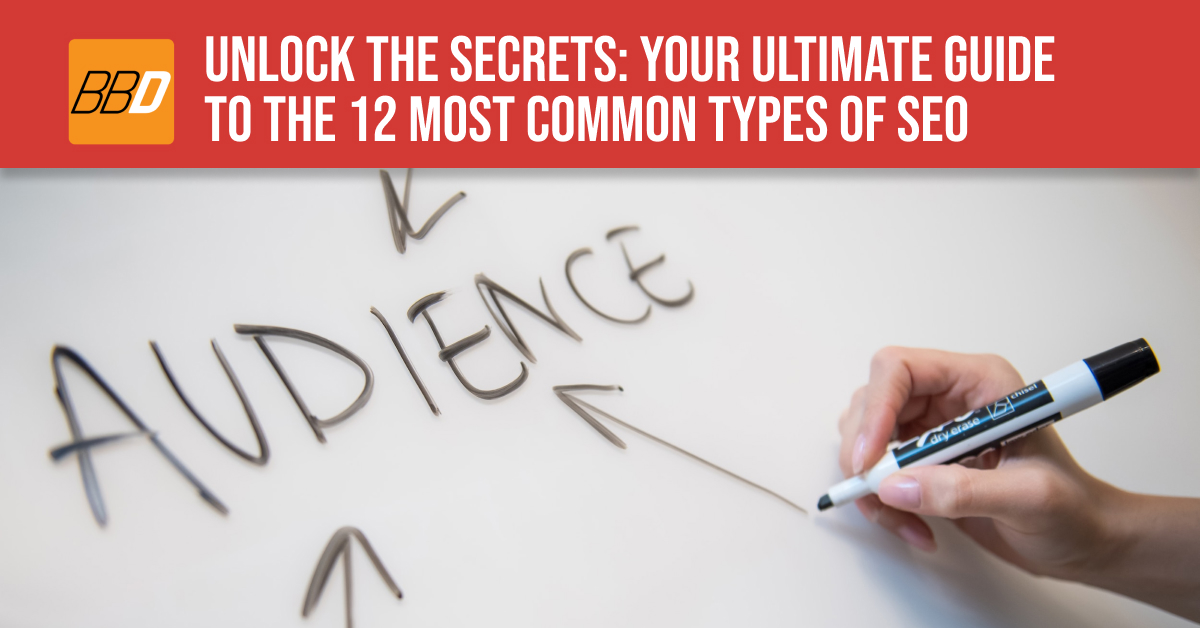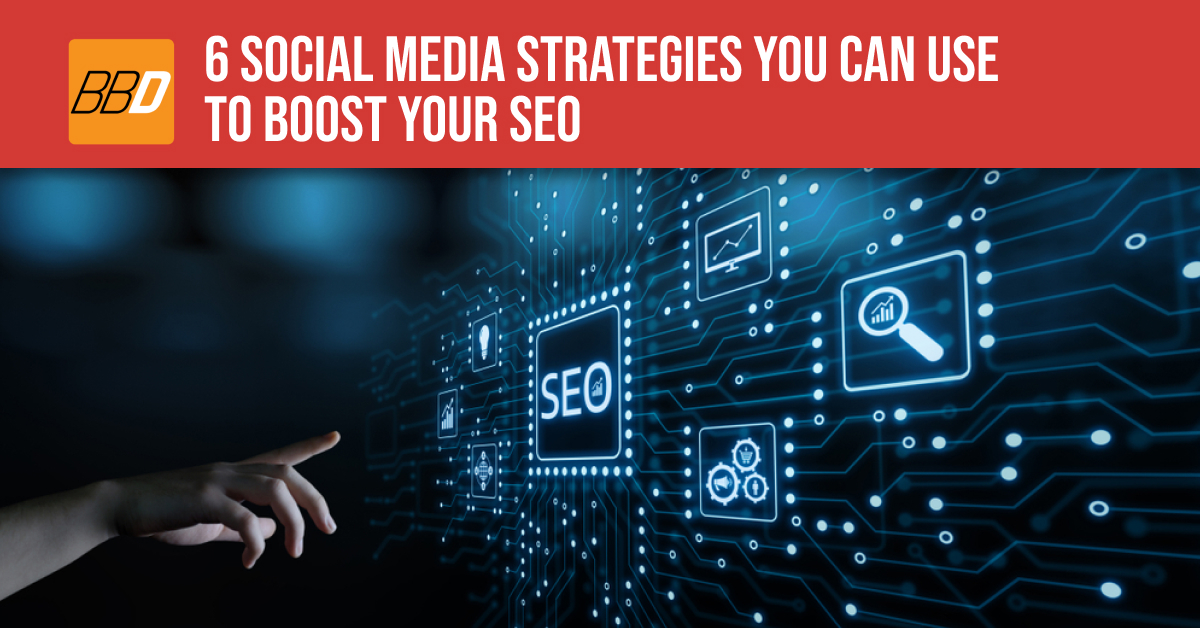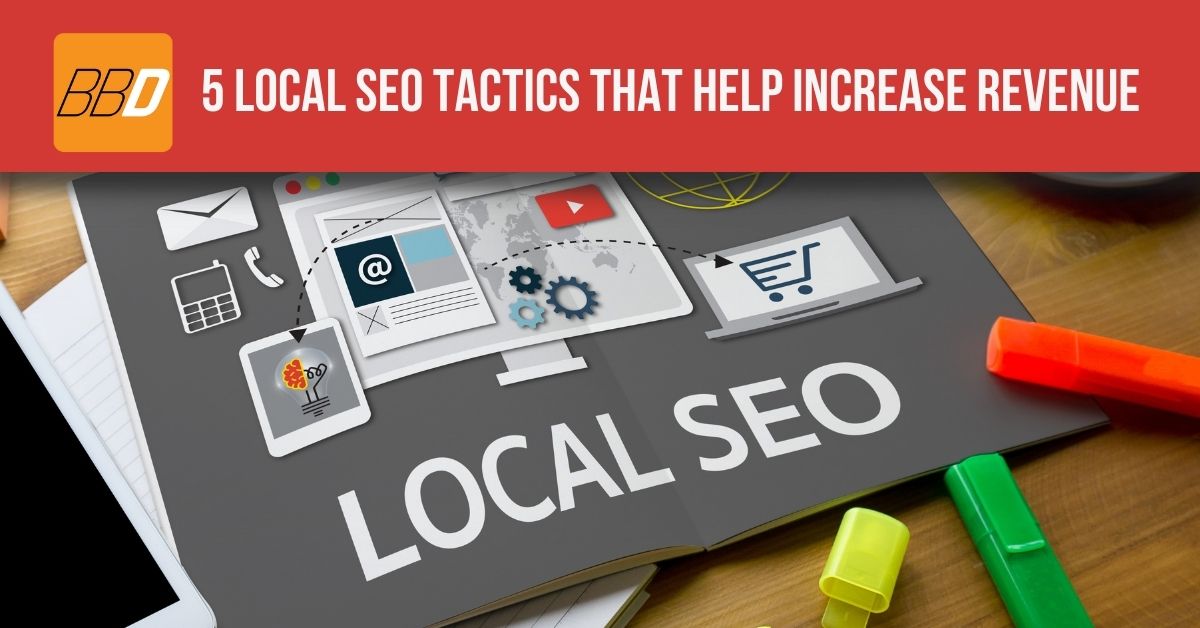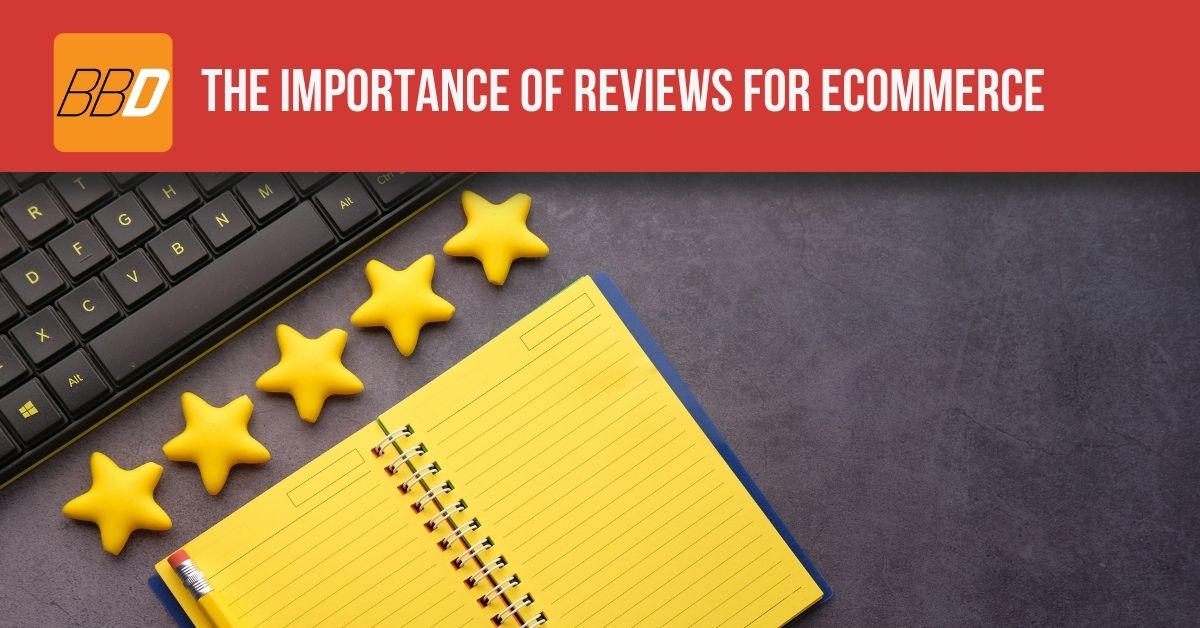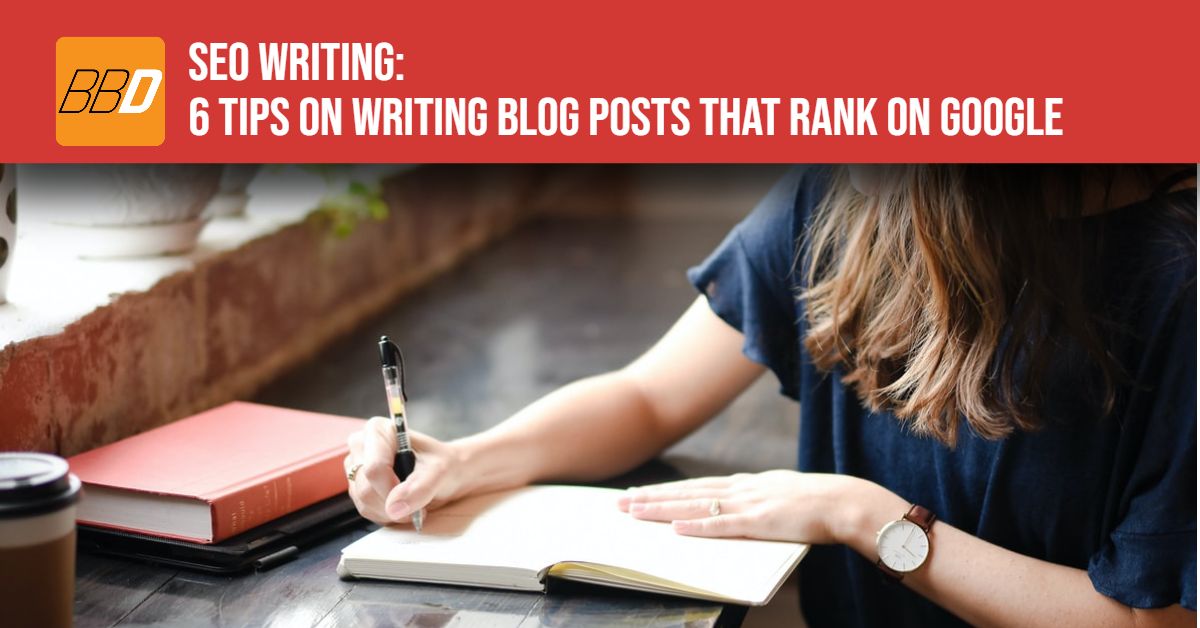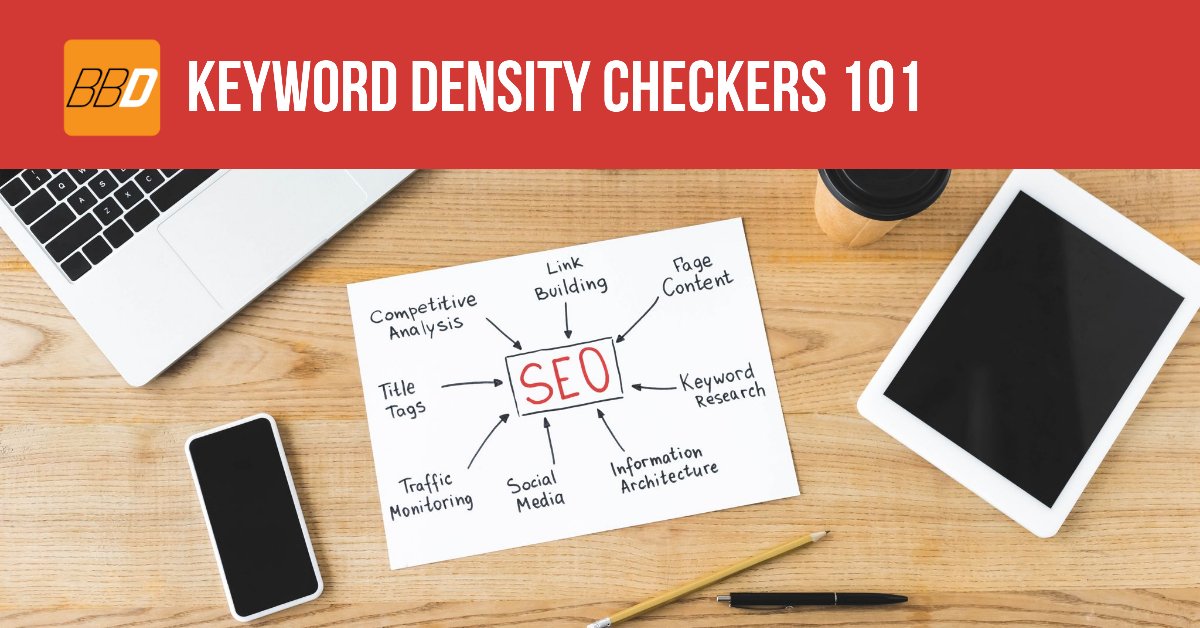If you run a website of any kind, traffic is probably constantly on your mind. For most of us, updating a page or publishing a new piece of content is followed by at least a few hours of compulsively checking how many new visitors it managed to attract.
The funny thing is that even though we’re often borderline obsessed with how much traffic we’re getting, we tend to take a passive approach to attracting visitors. This makes sense to a degree, as you can’t force anyone to visit your website — not legally, at least.
Despite what Google would like us to believe, things aren’t quite as simple as “create high-quality content, and the readers will come.”
Any web design and development company will tell you that you need traffic and search engine visibility if you want to get anywhere with your business nowadays. Without a healthy amount of daily traffic, scaling a business is challenging to say the least.
This is because consistent traffic creates consistent leads, and consistent leads bring new customers — consistently. So, what is the most efficient way to get more people to visit your site (willingly)?
The answer to that question is twofold — organic search and organic traffic.
What Is Organic Traffic?
Organic traffic comes from people typing a search query into Google and clicking on your organic (non-paid) listing in the search result. Each visitor who lands on your site from a search engine results page (SERP) brings organic search traffic.
We don’t need to explain the importance of search engines. Most people use Google multiple times a day. This includes your 10-year-old nephew as well as your 65-year-old next-door neighbor.
There’s a reason that search engines are so widely used — they are almost infinite pools of information, and even though many of us remember a time when they didn’t exist, we still can’t really imagine living without them.
However, despite the breadth of the average person’s experience when it comes to working with search engines, they are not what you would call “proficient” in the art of searching.
Most searchers simply type in a question or a problem they’d like to see the answer to and expect Google to figure it out. Even the most patient searchers rarely go past page one of Google results, and delving into the unexplored depths of page three and beyond is the stuff of legends.
That’s why having one of the top spots in the search results is crucial to your website’s success, and knowing how search engine results work can get you there more quickly.

That said, achieving a high search ranking is not easy, especially in a highly competitive industry, so many marketers and website owners opt for the pay per click (PPC) route.
There’s nothing wrong with PPC. It can be highly effective when you’re looking to boost your website’s visibility overnight. However, once you stop paying, you’re out.
On the other hand, organic search traffic has longevity, and it is the only way to keep your site ranking high over a prolonged period.
Crucial Advantages of Organic Search Traffic
Aside from longevity, there are many more advantages that organic search traffic brings to your overall marketing strategy.
Here’s what we consider the most notable advantages:
1. It Brings in Qualified Prospects
When it comes to search traffic, numbers are important.
Generally speaking, you want to have as many visitors to your site as possible. However, it is not all about quantity either.
Think of it like this — tons of visitors don’t mean much unless they can be converted into customers. In marketing terms, a visitor that is easy to convert is called a qualified lead, and the way we determine if a prospect is qualified is by looking at their search intent.
Search Intent Is the Secret Sauce

Anyone who types a search query into a search engine has some sort of goal, and they want to find content or products that will help them reach said goal. This is what we mean when we talk about search intent.
If you can understand your prospective customers’ search intent, you’ll be able to predict the keywords they’re most likely to use and begin targeting them with a clear strategy.
When you’re trying to figure out the search intent of your prospects, it is important to know which keyword types they’ll be using in the different stages of their buyer’s journey. We can distinguish between four types of keywords, and they are the following:
- Informational — these search queries usually include questions beginning with “how to,” or “why,” or revolve around verbs like “grow,” “improve,” “increase,” etc. They are used by searchers looking for insight, answers to questions and solutions to problems.
- Navigational — these include specific product or brand names, as well as words like “review,” “benefits,” “features,” etc. They’re most often used when looking for a particular website or product.
- Transactional — these differ depending on the industry and niche but are used by prospects ready to convert. They may include phrases like “sign-up,” “download,” etc.
- Commercial — include words like “coupon,” “buy,” or “price.” These keywords are used by prospects in the final stage of the buyer’s journey and are very likely to lead to a purchase.
Each of these keyword categories can teach you something about your users.
Obviously, someone using an informational keyword is not on the same level of awareness about a product as someone employing a navigational keyword. Still, you don’t necessarily have to create a separate piece of content targeting each type of keyword.
If you’re not running an established, industry-leading brand, chances are most of your organic search traffic is coming from informational keywords.
These keywords, although valuable when it comes to building awareness, usually indicate low purchase intent.
However, what if you could create a piece of content that would build not only awareness but also purchase intent?
The idea is to shift the reader’s awareness and focus while still matching their intent completely. One example of a piece of content that excels in this regard is an ultimate guide. A well-written guide can turn an uninformed prospect into a purchase-ready qualified lead in a single search.
Other benefits of understanding search intent include:
- Delivering more relevant content to influence purchase decisions
- Shortening the sales cycle by offering exactly what the prospect is looking for
- Fast-tracking awareness through high-quality content.
The sooner a searcher sees your offer as the ultimate solution to their problem, the sooner they’ll reach the conversion stage.
2. It Is Sustainable and Cost-Effective

We can’t talk about organic search traffic without comparing it to its more expensive sibling — PPC.
While it certainly has its benefits, PPC also has the unfortunate downside of requiring constant investment, manipulation and maintenance. It also offers short-lived, albeit quick results.
The problem is that all your visibility goes away the moment you stop paying for the service. On the other hand, although organic traffic does take longer to get going, it also takes a lot longer to lose momentum.
Organic search engine visibility can serve your business for years once it is implemented. This doesn’t mean you’ll never have to lift a finger, and the conversions will just keep coming in.
There’s some maintenance involved in organic search traffic too, but it doesn’t need the kind of constant attention required by PPC.
As SEO changes, with ranking factors and algorithms evolving, you’ll need to keep your finger on the pulse of the landscape, so setting and forgetting your organic traffic is not really an option.
However, with a well-organized organic traffic system, you’ll be getting as close as possible to a marketing strategy autopilot.
Paid traffic campaigns, though, cost a lot of money in the long run, with the average cost-per-click across all industries sitting at a “modest” $2.69.
Since with a PPC campaign, you pay for each click, regardless of whether it ends in a conversion or not, you have to focus on search intent even more closely and optimize your ads so that they only bring in highly qualified leads.
As you can imagine, this costs money too, so there’s a pincer movement on your budget with the cost-per-click mounting on one and maintenance and optimization costs on the other side.
Although the organic strategy isn’t free either, this approach provides a higher ROI over the long term — if you know what you’re doing.
To Conclude
Everything you invest in while building your organic search traffic will remain online and keep bringing returns over time.
All your social media posts, blog content, guest posts, and other online assets are there to stay. Some will keep increasing in value as time goes by.
Once you’ve built an ecosystem, it takes on a life of its own and keeps propelling itself forward without you having to micromanage and optimize every aspect.
This means your cost per organic visitor decreases as your return increases. Although it takes patience, this cumulative effect makes organic search traffic an indispensable online marketing strategy for most businesses and brands.

